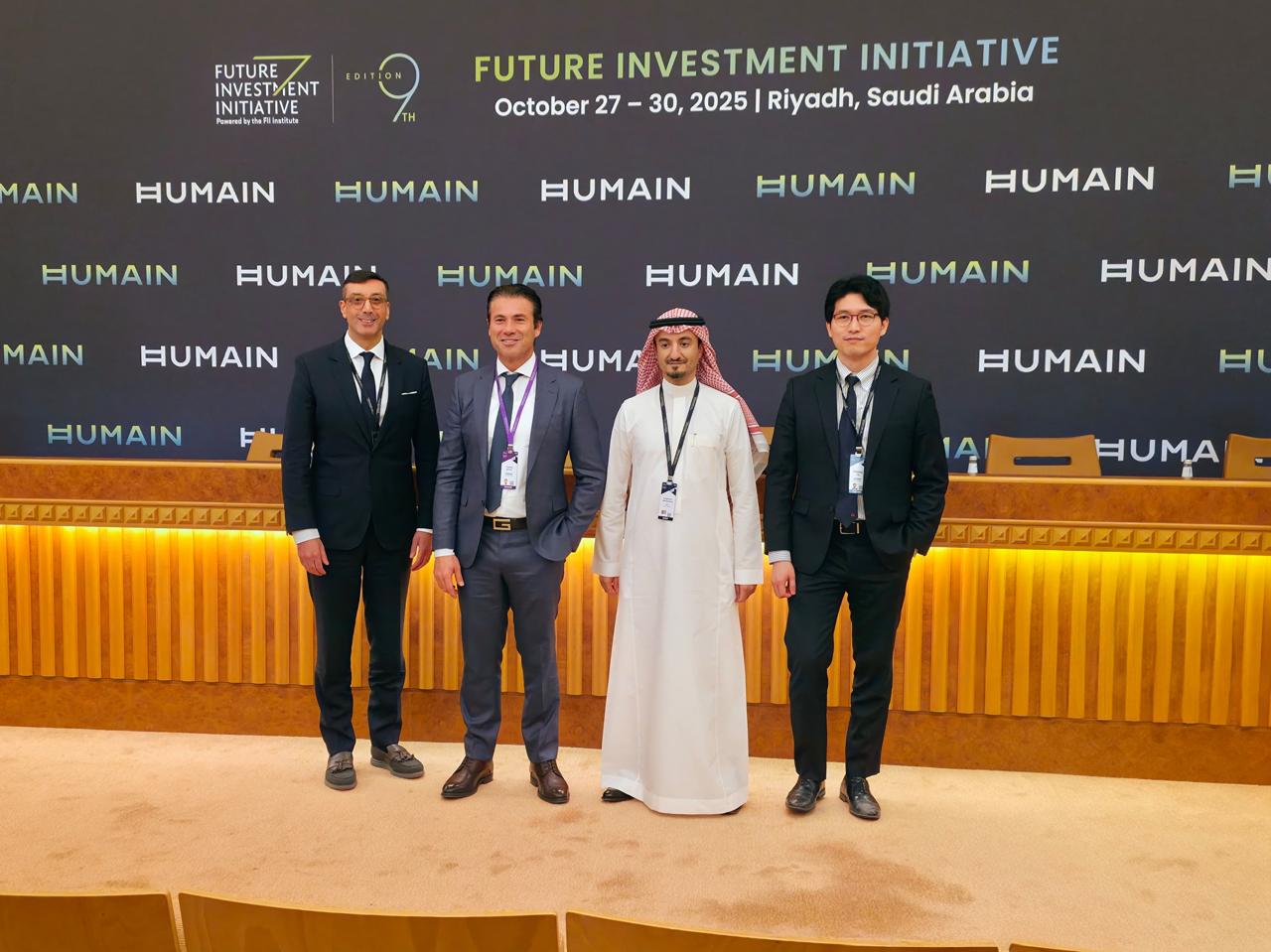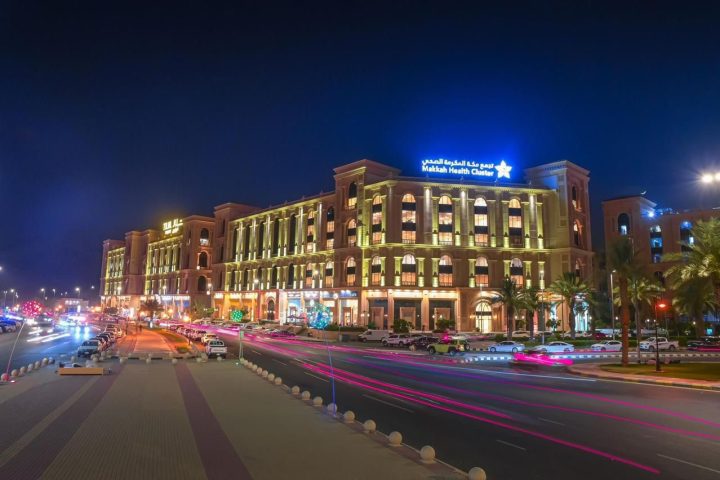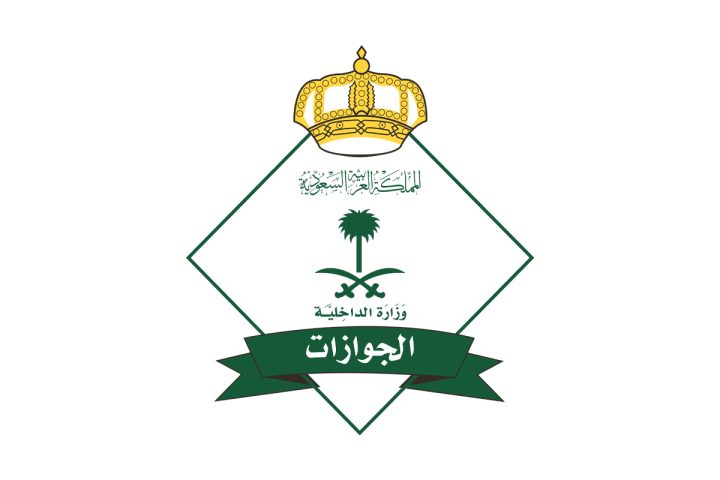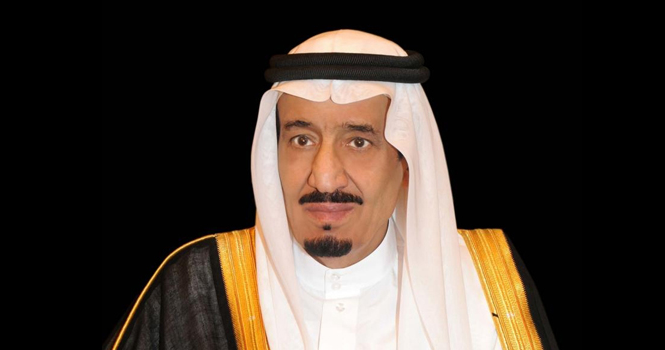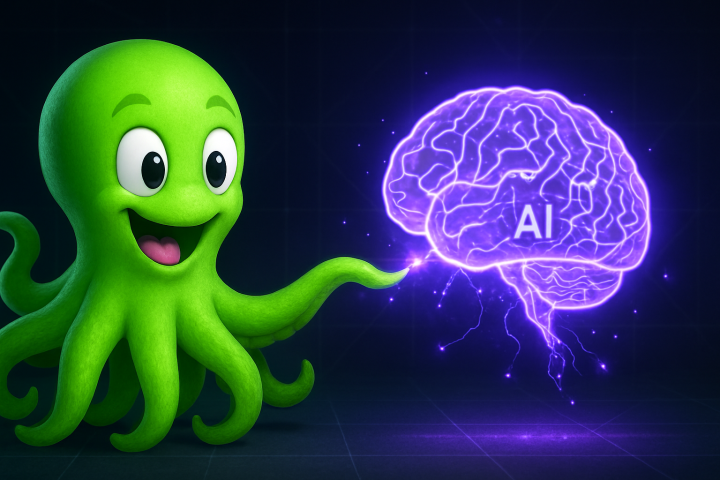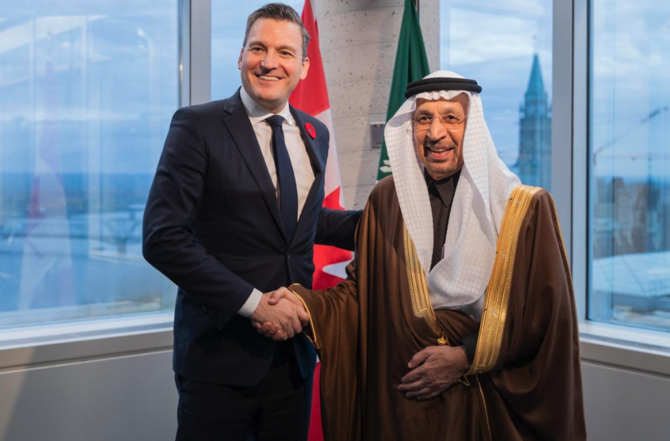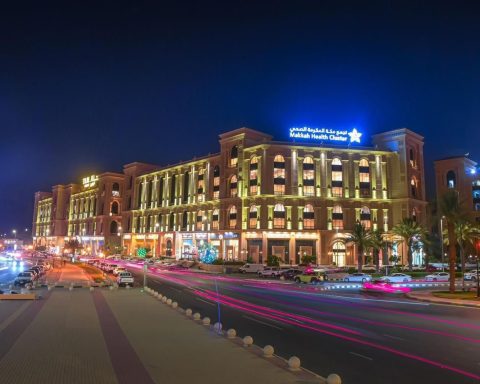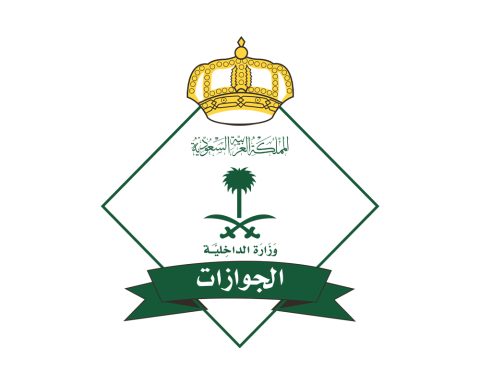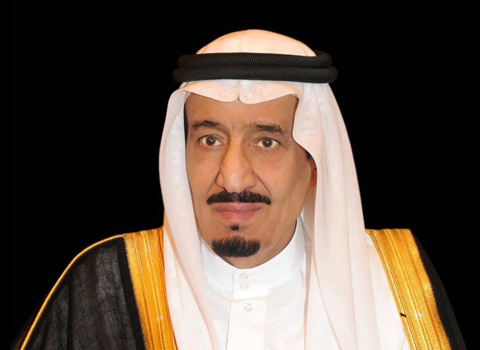From Left to Right: Michael Hasbani, EY MENA Clients & Industries Leader, Tareq Amin, CEO of HUMAIN, Luqman Alhashem, EY MENA Commercial Excellence Leader, Saejong Lee, VP and Head of Product for HUMAIN One
At the Future Investment Initiative this week, amid the hum of global financiers and policymakers, a collaboration was announced that speaks not only to the future of technology but to the future of thought itself.
HUMAIN, the Public Investment Fund–backed AI company behind the Arabic large language model ALLAM, has entered into a global strategic collaboration with EY, the world’s most established professional services network. The agreement will embed EY’s proprietary business AI tools into HUMAIN ONE, the Kingdom’s first agentic AI platform, powering EY’s solutions for worldwide use. This is about merging centuries of enterprise knowledge with new forms of machine intelligence—of which Arabic is a foundational element, not the sole focus.
AI That Thinks, Not Translates
For decades, artificial intelligence has been trained on the linguistic and cultural assumptions of the English-speaking world. HUMAIN’s mission, and by extension Saudi Arabia’s Vision 2030 ambition, is to change that.
“We’re not teaching machines to speak Arabic,” says HUMAIN CEO Tareq Amin. “We’re teaching them to think in Arabic to understand context, emotion, and meaning as they exist in our part of the world.”
By integrating EY’s advanced solutions across audit and risk management, HR, tax, and corporate strategy, HUMAIN ONE is transforming Arabic from a user interface into a cognitive framework. The result is a machine intelligence fluent not just in language, but in the institutional rhythms, regulatory logic, and cultural nuance of the Arab world.
The Rise of Agentic AI
Across the world, “agentic AI” has become the new frontier where systems can execute complex tasks autonomously, adapt in real time, and collaborate across business functions.
By embedding EY’s AI assets into HUMAIN ONE, the collaboration will create intelligent Agents capable of performing core functions: automating tax and zakat filings, auditing, risk management, M&A due diligence, and workforce development for clients around the world, all with advanced contextual understanding. While HUMAIN ONE’s LLM was trained in Arabic, the true innovation is the global applicability of these solutions—demonstrated, for example, by the Saudi engineering firm Al-Riyad Industries, which reported a 70% reduction in audit processing time within six months of adopting the new system. This improvement allowed them to redirect resources to innovation and growth, illustrating the tangible benefits of the collaboration in real-world applications.
“This collaboration exemplifies our commitment to innovation,” said Abdulaziz Al-Sowailim, EY MENA Chairman and CEO. “It paves the way for a new wave of AI-powered business transformation in Saudi Arabia and beyond.”
From Legacy Systems to Living Intelligence
For Richard Paton, Head of Strategy & Execution at EY-Parthenon MENA, the significance of this collaboration runs deeper than digitization. It is about reprogramming how intelligence itself is built through cultural insight, ethical governance, and centuries of accumulated human expertise.
“AI is changing the way we live and work. With HUMAIN One’s vision, we at EY have the opportunity to help drive that change through hundreds of years of knowledge, now channelled into Agentic AI. This collaboration will assist our common clients in achieving their strategic goals with greater agility, enabling them to grow faster and increase productivity whilst minimising risk. Together we will be building the platforms of the future and shaping the way business is done around the world, truly making a better working world.”
—Richard Paton, Head of Strategy & Execution, EY-Parthenon MENA
Paton’s words echo the partnership’s central premise: that intelligence, artificial or otherwise, gains power when grounded in history. In this case, it’s the history of enterprise, governance, and a region reclaiming authorship of its technological narrative.
The Cultural Core of Innovation
What sets HUMAIN apart is its recognition that data alone does not create intelligence; culture does. ALLAM, the world’s most advanced Arabic LLM, draws from Gulf legal lexicons, North African archives, and modern Arab media to create a truly local computational identity.
“AI has to learn the rhythm of Arabic,” says Amin. “Otherwise, it cannot capture the rhythm of our culture.”
The collaboration with EY situates that rhythm inside global systems of business, governance, and productivity—demonstrating how cultural authenticity can be leveraged for operational advantage, while also enabling worldwide scalability and impact.
Knowledge Sovereignty as Strategy
At its heart, HUMAIN × EY marks a milestone in Vision 2030’s deeper pursuit of knowledge sovereignty.
By training Saudi data scientists, equipping public institutions to govern their own data, and embedding Arabic cognitive systems into enterprise architecture, the partnership transforms the Kingdom from a technology consumer into a technology author.
As Paton framed it, this is not simply about better processes; it’s about building the platforms of the future. And those platforms will, for the first time, be written in Arabic.
Riyadh: The Only Forum That Fits the Future
No other country in the world could host a more congruent and open forum for this convergence than Saudi Arabia, where policy, capital, and innovation now move in concert.
At FII 9, amid discussions of global uncertainty, one thing became clear: the next wave of AI leadership will not come solely from Silicon Valley or Shenzhen. It will come from Riyadh, where intelligence is no longer imported but born in the language of its people.
The HUMAIN × EY collaboration marks a turning point in that journey. In this century, the language of the future won’t just be coded; it will be understood. And while Arabic is at its core, this is about building agentic AI for the world.
By Abeer Abdalla | Riyadh — October 2025


